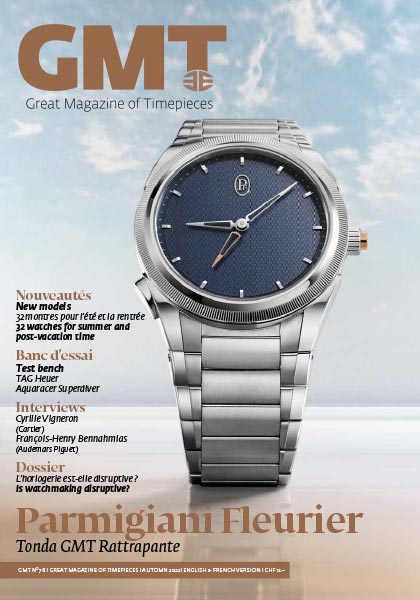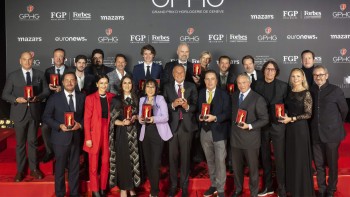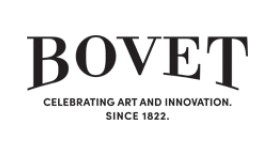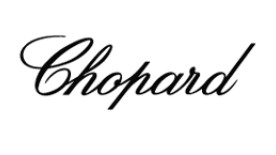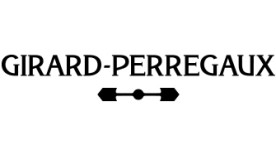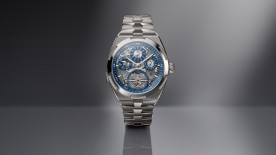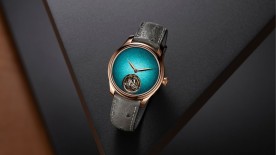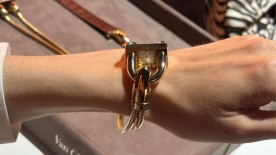It takes a firm hand to sail the GPHG ship. When it was created in 2001, the idea was to contribute to spreading the worldwide reputation of fine watchmaking. While certain sceptics were already bickering about the Genevan nature of the initiative, such worries proved unfounded, as that same year a prize was awarded to a Florence based company (Gucci)! The Grand Prix was then criticized for the variability of its awards from year to year. A pointless argument, since if all the categories had been kept exactly the same, the GPHG would doubtless have been criticized for just opposite issue, of immobility. That is exactly what often happens with great inventions: they are open to success as well as to criticism. It is by listening attentively and constructively to these reactions that their mechanisms can evolve and improve.
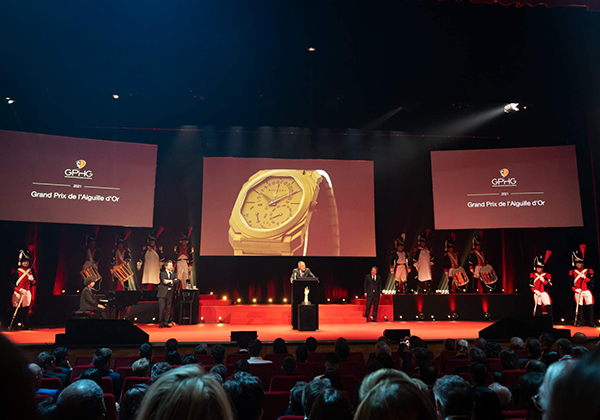
A Fresh Breeze
In 2018 Raymond Loretan was appointed President of the Foundation’s Board and both he and GPHG Director Carine Maillard supported the idea of a multidisciplinary and open Academy. In a country where the “sovereign will of the people” is the basis of action, introducing a proportional representation approach might not be a bad thing after all. The idea caught on with surprising speed and the Academy of the Grand Prix d’Horlogerie de Genève was created in 2020.
Its operation is more or less the same as that of the great institutions of other arts, such as the César Awards in France and the Oscars. The Academy first proposes eligible watches in the 15 categories concerned, which are then submitted to the brands concerned. At this stage, they can decide whether or not to confirm the watches in question. Brands not suggested by the Academy can also spontaneously put forward their own timepieces.
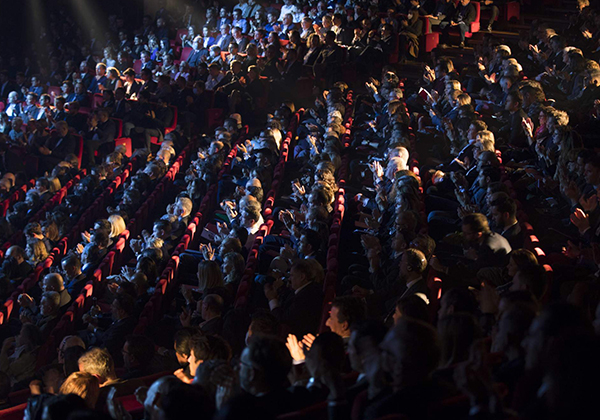
Two rounds of voting are then organized. In the first, the Academy narrows down the selection to 90 nominees, and in the second, a jury of 30 Academy members meets to physically evaluate the pieces and cast another vote. The nominated watches are also resubmitted to the entire Academy (excluding the jury members). The jury’s votes count double compared to the Academy’s vote: 30 for the former, 15 for the latter, making a total of 45 votes. The total count determines the list of awards.
To date, the Academy has nearly 700 members, nominated by requests coupled with sponsorship. They are watchmakers, experts, distributors, brand representatives, collectors, historians, journalists and experts, divided into seven colleges, for a three year period.
The guiding principles of the Academy are the same as those of the Grand Prix: independence, neutrality and universality. The Academy stems from 20 years of a rich maturing process and probably embodies the ultimate stage of this founding spirit, now enhanced by both transparency and representativeness.
As a WorldTempus reader, we are delighted to offer you the latest digital version of this GMT magazine that you can download here as well as the GPHG catalogue. Happy reading!
